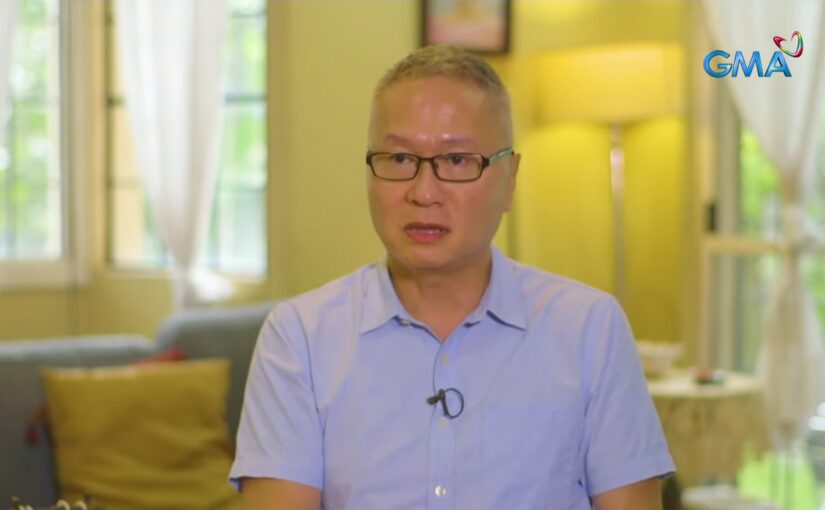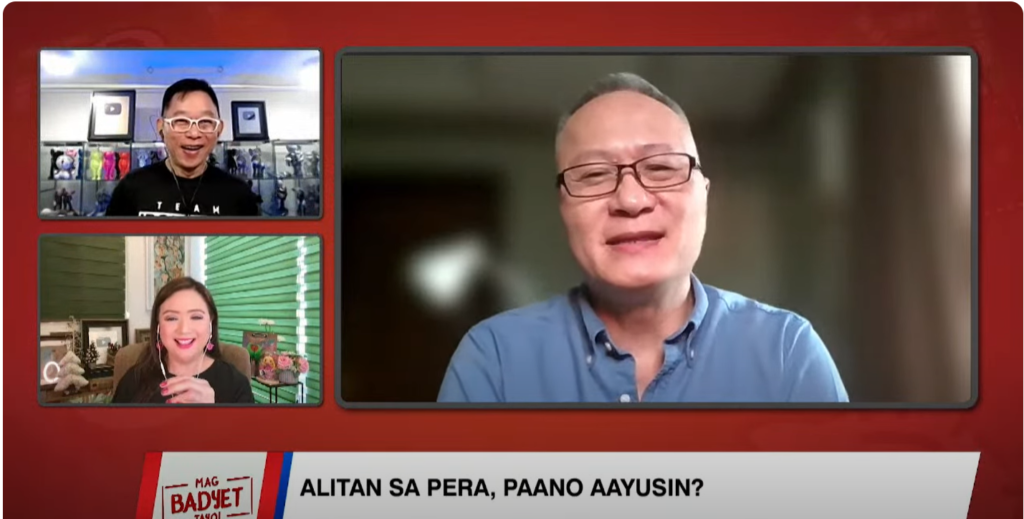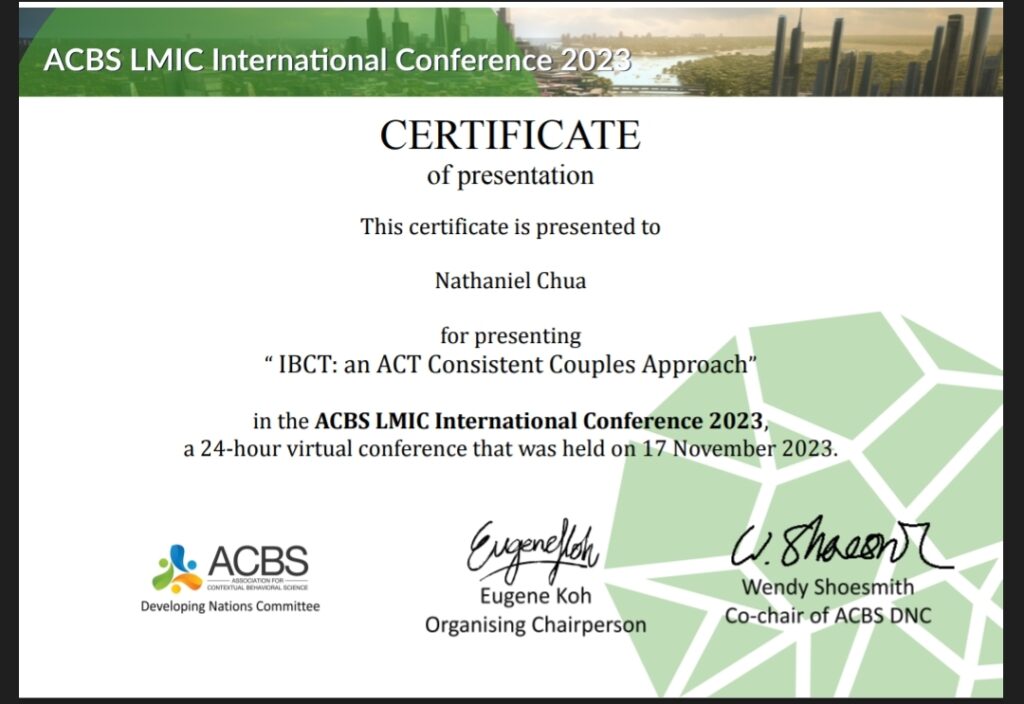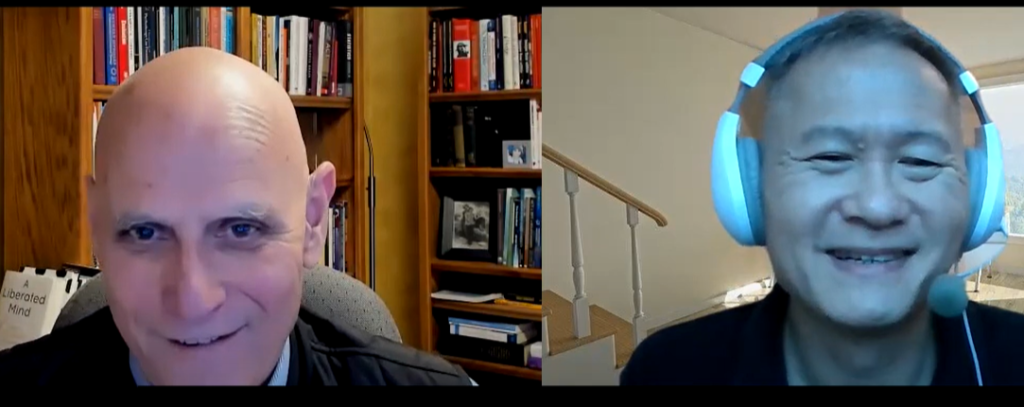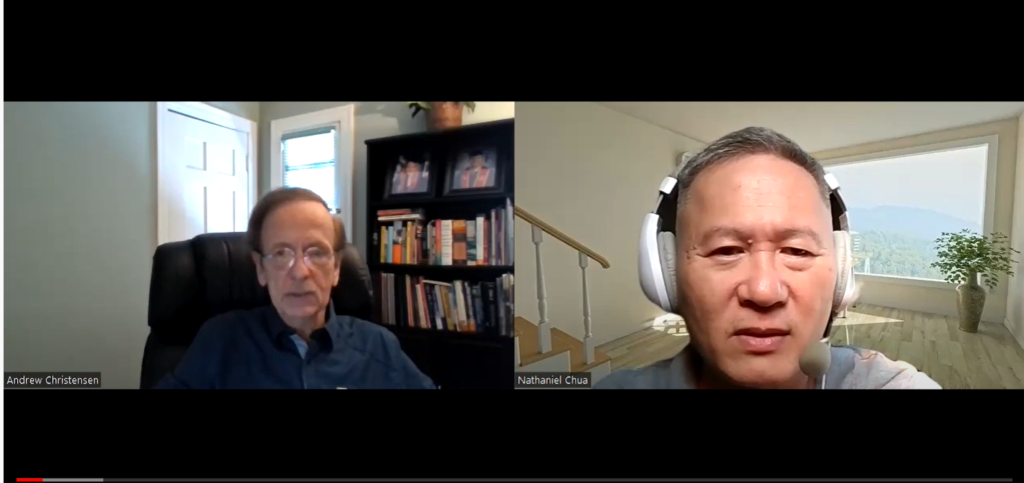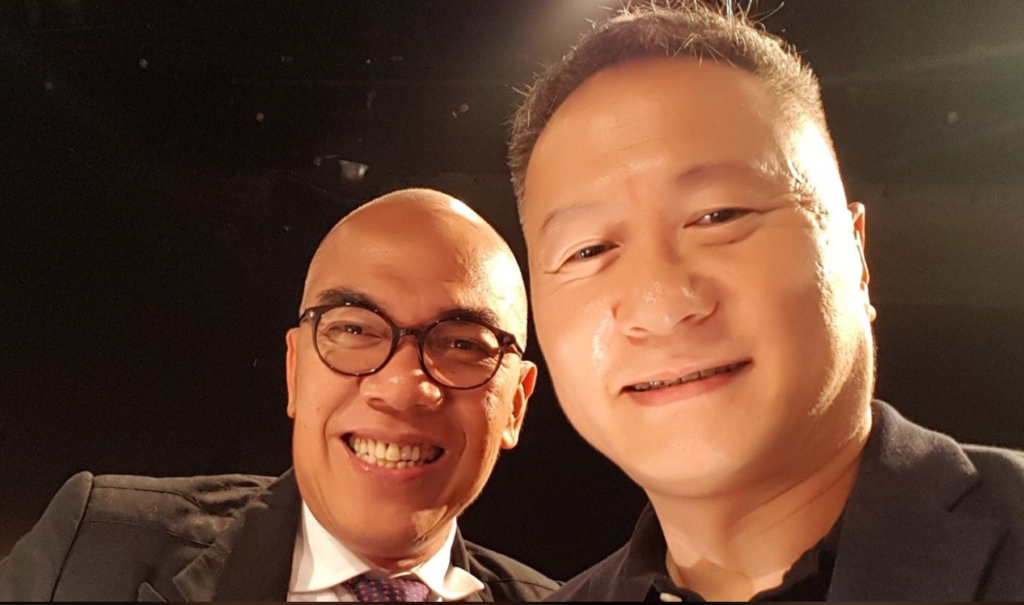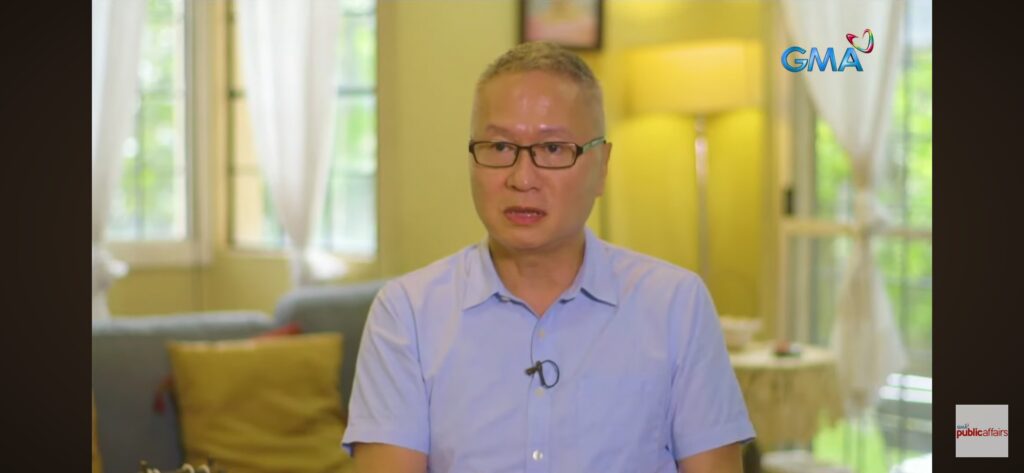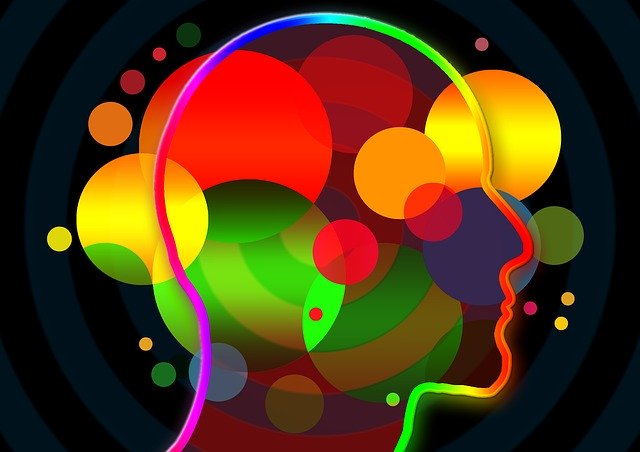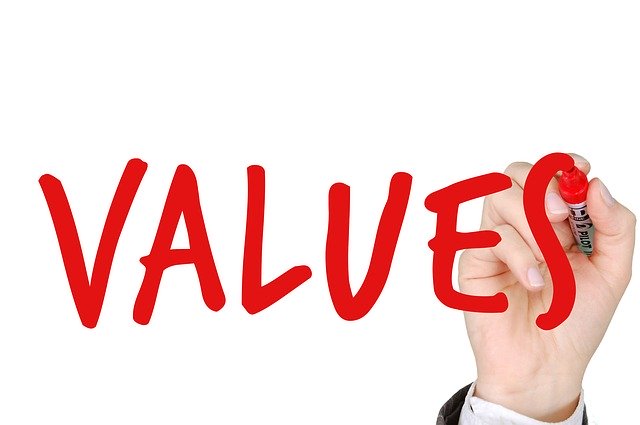by Nathan Chua
This is the second part of a series of articles about rules that our minds give us that can lead us to ineffective behaviors. In the ACT or Acceptance and Commitment Therapy world, we don’t subscribe to the idea that a person is somehow damaged or broken. We think this just leads people into their own prisons, seeing as if their limits are set in terms of what they can do about their inner experiences. I have seen it so many times in therapy sessions, when people come armed with some diagnosis/diagnoses that a mental health practitioner just bestowed upon them. What ACT advocates for is the notion that most of us end up in stuck patterns of relating to our inner world. This is in contrast to the idea that we “have” something that we need to get rid of in order to live a rich and meaningful life. One of these stuck patterns of thinking is the subject of discussion for this post. These are the “if onlys” of life.
Here are some examples that might help you see how this happens.
- If only my partner would be more understanding of my feelings, then I could be nicer to them.
- If only I didn’t have this ailment, I could become the person I want to be.
- If only I had chosen differently, life would be so much different today.
- If only I didn’t have these urges, I would do things differently.
These are just some of what we call inapplicable rules that we follow. They essentially make sense but when followed, they lead us into nothing because of their very nature. They’re simply inapplicable.
How then do these rules affect our behavior? Before I get back to the examples above, I would like you to notice if you have any “if onlys” in your life. Once you’re done, you can continue to read on.
Here are potential ineffective actions that we end up doing if we get hooked by these if onlys:
- If only my partner would be more understanding of my feelings, I would nag them less.
- If only I didn’t have this ailment, I could have started finding a job or creating a business.
- If only I had chosen differently, I would not be stuck here in my room.
- If only I didn’t have these urges, I’d be more focused on doing things that matter to my work or my partner.
As I go through more learning in ACT and Relational Frame Theory (RFT), I am beginning to see how important it is to let clients figure out the answers for themselves. It is what makes the client therapist relationship so different from just coming to join a workshop or learning from an online workshop. I don’t want this post to be just another set of rules for you to blindly follow. I want you to come up with your own conclusions.
Here are some questions you can ask yourself as you start learning to notice such inapplicable rules taken verbatim from the book, “Mastering the Clinical Conversation” by Hayes, Villatte, and Villatte:
- “If we just go with that thought, exactly what does it suggest you do right now?
- Is this rule for you to follow, or is it one for others to follow?
- What is the next step, then?”
If you find yourself answering with an I don’t know, or I guess I just have to wait for things to change to the first question, then it could get you to realize that this is an inapplicable rule that you might have been following to the detriment of pursuing the life you want.
If you answer that the rule is not for you to follow and just for someone else or no one to follow, then you may come to the realization that again, this is another inapplicable rule that has so far taken control of your actions.
If you find it hard to answer what would be your next step as you follow this rule, then you probably realize that there is nothing you can do to change the results of the rule.
So as you notice these inapplicable rules, what then can you do even as your mind keeps reminding you of these rules? In ACT, we don’t argue with them or try to get rid of them, but rather bring them along for the ride towards a more meaningful, purposeful life.



